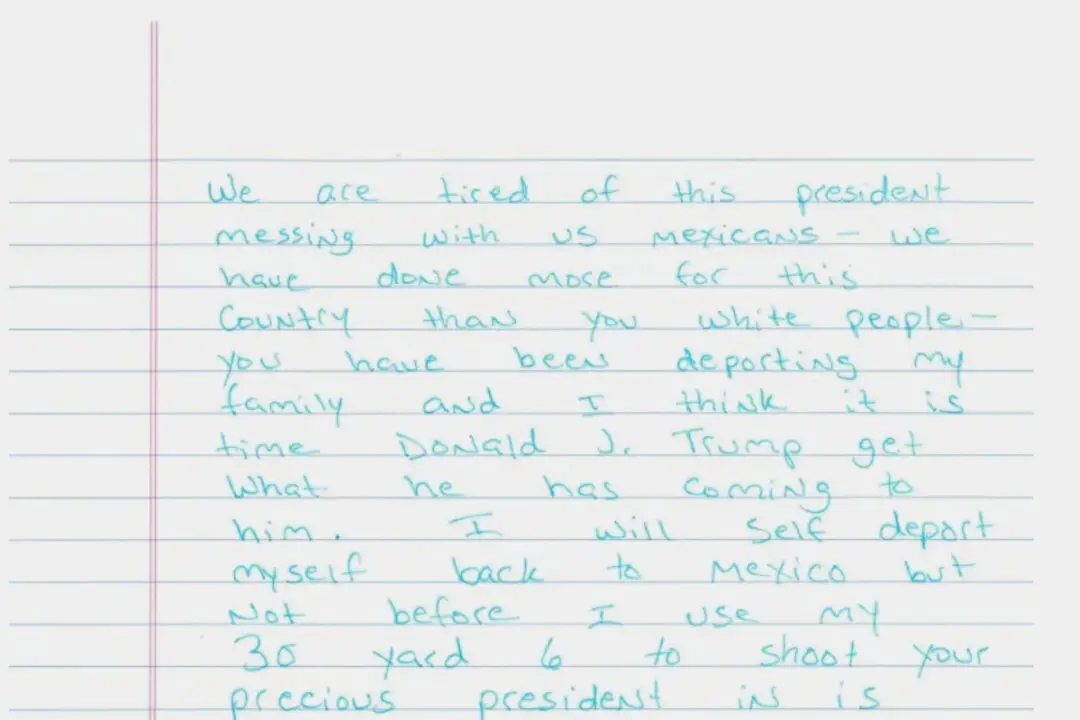WASHINGTON—There’s no legal or historical precedent for closing U.S. borders to the world’s 1.6 billion Muslims, but neither is there any Supreme Court case that clearly prevents a president or Congress from doing so.
Legal experts are divided over how the high court would react to Republican presidential candidate Donald Trump’s call for a temporary halt to Muslims entering the United States.
“The court has never been faced with a challenge against a whole religion. I think that would raise interesting and novel questions for the court,” said Stephen Yale-Loehr, who teaches immigration law at Cornell University’s law school.
Any such blanket action based on a person’s religion would be unconstitutional if applied to U.S. citizens, scholars agree.
But courts have given Congress and the president wide discretion when it comes to immigration.
“I don’t actually think it would be unconstitutional. The president has a huge amount of discretion under the immigration statute,” said Eric Posner, a constitutional law professor at the University of Chicago. The same protections given citizens do not apply to people who are neither American nor in the United States, Posner said.
Courts have upheld the denial of visas to enter the country to Marxists and people born to parents who were not married, among many categories. The Supreme Court has never struck down an immigration classification on the basis of race or any other reason, said Temple University immigration expert Peter Spiro.
Other scholars offer a different take. They say the court would not grant the president a blank check and would instead rely on constitutional provisions that protect religious freedom and prohibit discrimination to strike down a ban on Muslim visitors to the United States.
“Imagine that instead of banning Muslims, we banned blacks from any country,” said Vanderbilt University’s Suzanna Sherry, describing a hypothetical reaction to a period of intense racial unrest in the United States. “If you’re black, you can’t come into the country. ... I don’t think a court today would ever hold that constitutional,” Sherry said.
Sherry acknowledged that she cannot cite any case involving immigration to support her view, and that a Supreme Court decision to uphold bans on Chinese laborers in the late 1800s points in Trump’s favor.
“But developments in discrimination law and First Amendment law suggest that the court would not today uphold an exclusion on the basis of religion,” she said.





